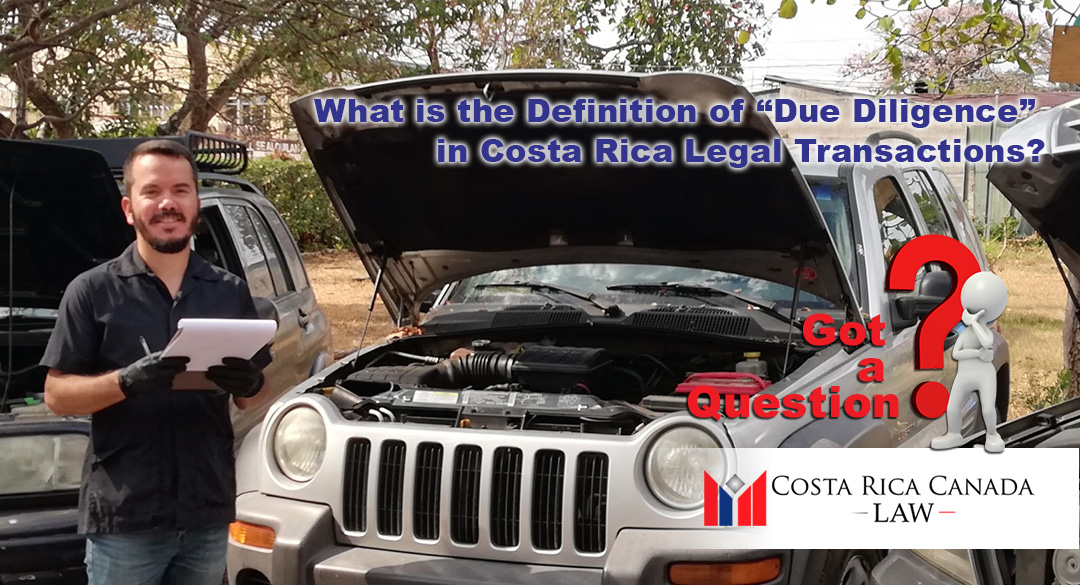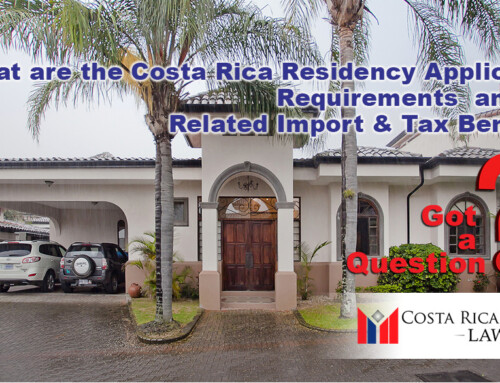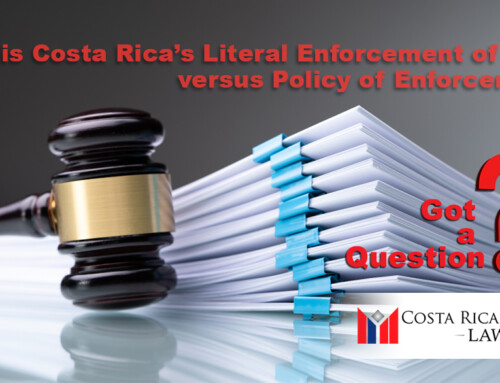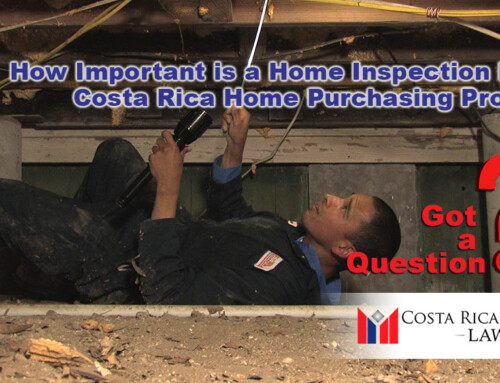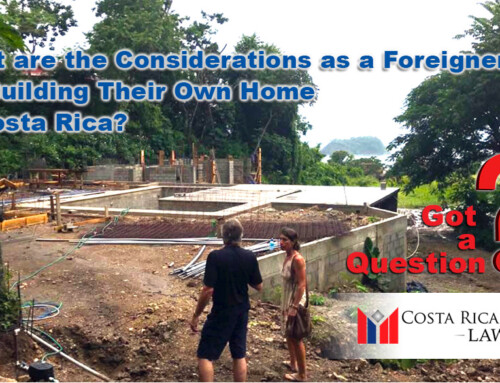In various legal transactions, you will often hear Lawyers bandy about the term “due diligence”, particularly when it comes to property purchase transactions, property rental transactions, when purchasing a business, or when purchasing a used vehicle. It is important to note, that the depth of the due diligence investigation required to be made varies with the nature of the transaction.
Due Diligence in Property Purchase Transactions
When considering the purchase of property, there is a significant difference in the due diligence investigation required when purchasing property with a completed residence and purchasing a building lot. When purchasing property with a constructed residence, a Home Inspection will be a major due diligence consideration, along with a survey of the property boundaries to determine if there have been possible encroachments. However, the property zoning, drainage, access, and the provision of utilities, in the majority of cases, will be relatively straightforward to determine.
When purchasing a building lot, a much greater and in-depth due diligence investigation will be required. The individual due diligence inquiries to be made would include, Municipal Zoning, availability of a legal potable water source, legal access from a public road, drainage and flooding issues, and soil stability, particularly on steep slope properties. If subdivision from a Mother Property is required, issues of Municipal property dedication required for green space or other public uses should form a part of the inquiry.
Due Diligence in Property Rental Transactions
In property rental transactions, the landlord/tenant relationship becomes paramount. As a tenant, the due diligence inquiries should include inquiries with former tenants of the property to determine how diligent the landlord is in effecting required repairs and maintenance.
In Costa Rica, there are significant differences between what the Tenancy Law provides for in the landlord/tenant relationship and what actually happens in the marketplace.
Due Diligence in Business Purchase Transactions
Business purchase transactions provide the greatest due diligence investigation challenge of all. In smaller business acquisitions, such as restaurants, bars, and other Service Industry related activities, it is unlikely that “formal” record keeping will be done. A review of the “Company Books” is unlikely to provide an accurate picture of the true income stream, nor will such a review be supportive of what is likely to be a much higher asking price than what the “company books” support. The most effective way to understand what a business actually generates in revenue, is for a potential purchaser to attend the business on a regular, if not daily basis, for a significant period of time prior to committing to purchase. More concrete due diligence investigations would include inquiring into the state of the Municipal or other Government patents required to conduct business and the state of the required remittances to the Tax Department.
Due Diligence in Used Vehicle Purchases
Purchasing a used vehicle in Costa Rica is very deserving of an in-depth due diligence investigation. Apart from the obvious inquiries, such as determining if the annual vehicle circulation certificate (Marchamo) and annual vehicle mechanical inspection (DEKRA)) are current, a thorough inspection by a qualified and trustworthy mechanic is essential. Rolling back the odometer of a vehicle is a common practice. Many used vehicles offered for sale have been imported from the U.S. Even though a certificate is required by Customs to indicate that such a vehicle has not been “written-off” for insurance purposes as a result of an accident in the foreign jurisdiction, many such vehicles still find their way into the marketplace in Costa Rica. A historical search of such a vehicle is essential, to avoid what might be, well-hidden pitfalls in such a purchase. Purchasing a used vehicle from a reputable Dealer is a practice I recommend. Although the purchase price will likely be higher than in a private purchase transaction, a limited parts and labour warranty will likely be provided and there will be less headaches in the long term.
Opinion
Government Regulatory and Professional Body oversight in Costa Rica of the conduct of business and professional practices is far less than the oversight a foreigner coming from countries such as the U.S. and Canada would be used to in such circumstances. In Costa Rica, scams are a common occurrence in the marketplace. The onus falls to the individual purchasing an item or contracting professional services, to oversee the due diligence process in any business transaction undertaken in Costa Rica and to employ the correct and vetted independently acting professionals to provide the expertise necessary to complete the transaction in a satisfactory manner. “Buyer Beware” is truly the motto to be followed.

